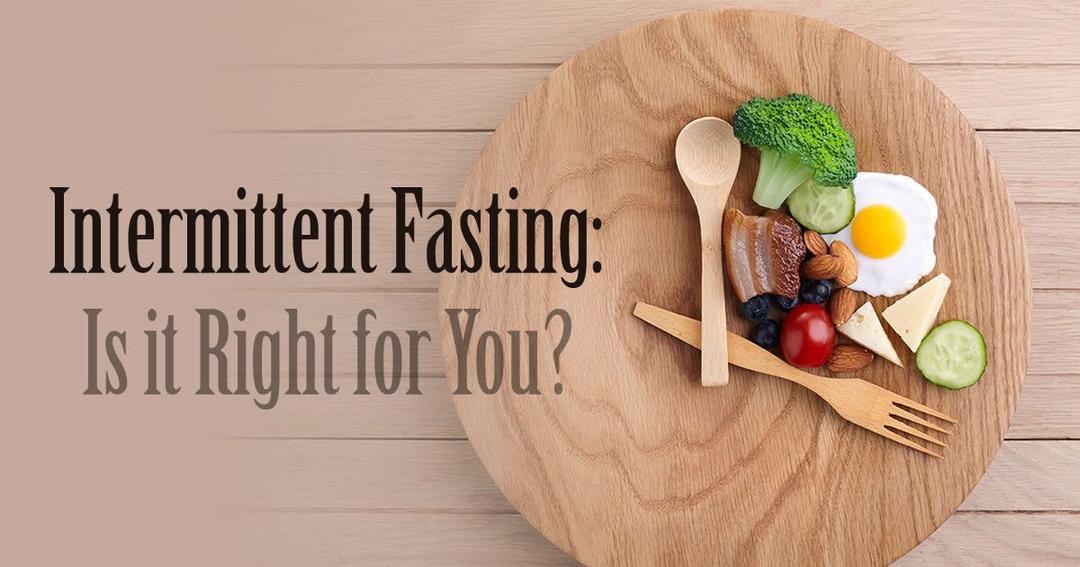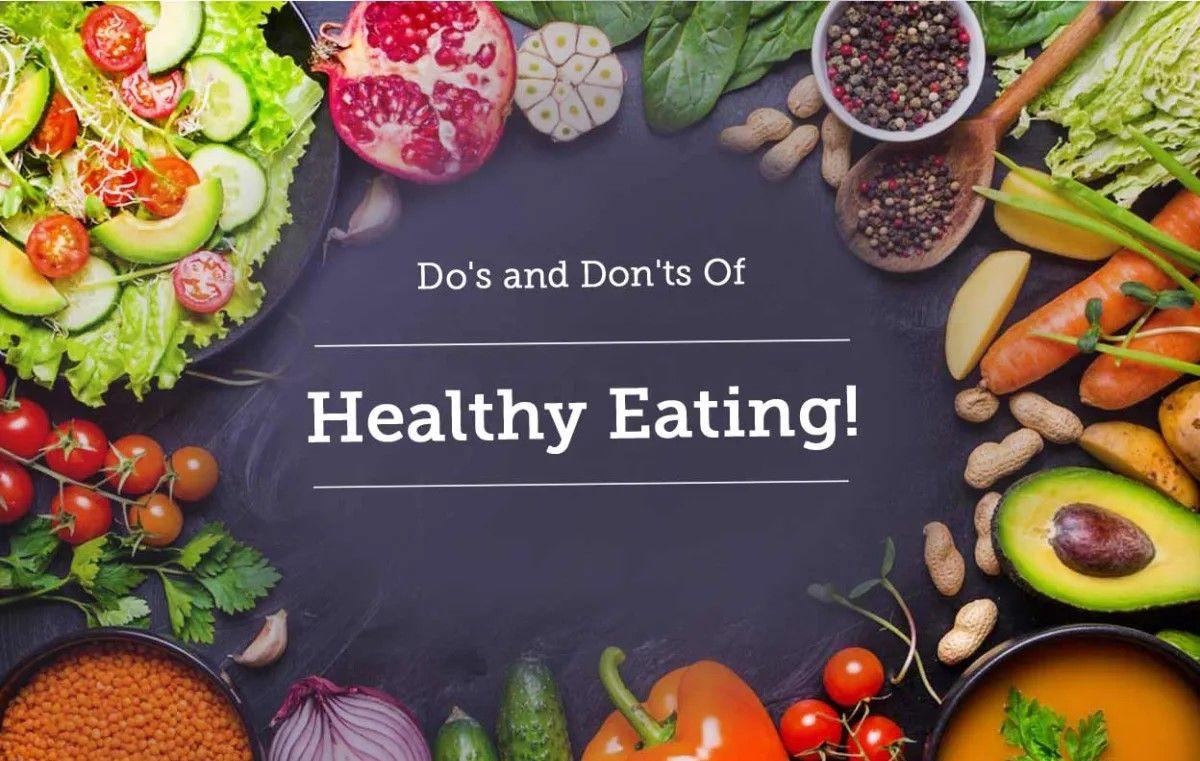Intermittent fasting (IF) has emerged as a popular lifestyle choice for health and wellness. This method involves alternating periods of eating with fasting, which can lead to various health benefits. This article explores the various facets of IF, from its types and benefits to potential side effects, debunking myths and presenting facts.
- Blogs
- Food & Drink
- Health Benefits Of Intermittent Fasting Myths & Facts 6570368614e5bf000128d361
Health Benefits of Intermittent Fasting: Myths and Facts
Food & Drink • 6 Dec, 2023 • 35,781 Views • ⭐ 4.8
Written by Anand Swami

Whether you're a beginner or a seasoned IF enthusiast, this comprehensive guide will provide valuable insights into making IF an effective part of your health regime.
What is Intermittent Fasting?

Intermittent fasting is a nutritional strategy that cycles between times of eating and not eating. It differs from conventional diets by emphasizing the timing of meals rather than the specific foods consumed. This method is rooted in the principle that periods of fasting enable the body to rest and rejuvenate.
FOOD & DRINK QUIZ • 10 QUESTIONS • 2 MINS
We've got a Food & Drink quiz for you!
TAP TO PLAY

It's not just a weight loss strategy but a holistic lifestyle change aimed at improving metabolic health, brain function, and potentially increasing longevity. IF is adaptable, catering to various lifestyles and dietary preferences, making it a versatile approach to health and wellness.
Types of Intermittent Fasting

There are several types of intermittent fasting, each with its unique schedule and approach. The 16/8 method involves fasting for 16 hours and eating during an 8-hour window, popular for its simplicity. The 5:2 approach means eating normally for five days and reducing calorie intake for two non-consecutive days. Another type is the Eat-Stop-Eat method, involving 24-hour fasts once or twice a week.
Lastly, the Warrior Diet consists of eating small amounts of raw fruits and vegetables during the day and a single large meal at night. Each type offers different benefits, catering to individual preferences and lifestyles.
Intermittent Fasting Benefits

Intermittent fasting offers a myriad of health benefits. It can lead to weight loss and reduced body fat by altering hormone levels to facilitate weight loss. Improved insulin sensitivity and reduced risk of type 2 diabetes are significant benefits, as fasting lowers blood sugar levels. IF also enhances heart health by improving blood pressure, cholesterol levels, and inflammatory markers.
Moreover, it can boost brain health, increasing brain-derived neurotrophic factor (BDNF) linked to improved brain function and a lower risk of neurodegenerative diseases. IF also has potential anti-ageing effects and may improve longevity.
How to Do Intermittent Fasting

Starting intermittent fasting involves choosing a method that fits your lifestyle and gradually incorporating it into your routine. Begin by selecting a fasting method: 16/8, 5:2, Eat-Stop-Eat, or the Warrior Diet. Start with shorter fasting periods, gradually extending them as your body adapts. Stay hydrated during fasting periods, by drinking water, tea, or black coffee.
Plan your meals to ensure they are nutritious and balanced, focusing on whole foods. Listen to your body and adjust the fasting schedule as needed. It's also essential to maintain a regular eating pattern during non-fasting periods to maximize the benefits of IF.
Intermittent Fasting Diet

An effective intermittent fasting diet focuses on nutritious, whole foods during eating periods. Prioritize proteins, healthy fats, and fibre-rich carbohydrates to ensure satiety and adequate nutrition. Include a variety of fruits, vegetables, lean meats, fish, eggs, nuts, seeds, and whole grains. It's important to avoid overeating during eating windows; focus on balanced meals rather than compensating for fasting periods.
Hydration is crucial, so include plenty of water, herbal teas, and other non-caloric beverages. A well-planned IF diet not only supports weight loss and health improvements but also ensures you enjoy your meals and maintain a sustainable, healthy lifestyle.
Intermittent Fasting Plan

Creating an intermittent fasting plan involves setting a consistent fasting schedule, planning nutritious meals, and monitoring your body's response. Start by choosing a fasting method that aligns with your daily routine. Plan your meals, ensuring they are well-balanced and nutritious. Include a diverse range of foods in your diet to fulfill your nutritional requirements.
It's also essential to listen to your body and adjust the fasting periods if needed. Stay consistent with your fasting schedule but be flexible to accommodate social events or changes in routine. Regular monitoring and adjustment can help you find the most effective and enjoyable IF routine.
What to Eat During Intermittent Fasting

During intermittent fasting, focus on nutrient-dense foods to maximize health benefits. In your eating window, include proteins like chicken, fish, tofu, and eggs, which provide satiety and essential nutrients. Include healthy fats from avocados, nuts, and olive oil for energy and absorption of fat-soluble vitamins.
Carbohydrates should come from whole grains, fruits, and vegetables, providing fibre and essential vitamins and minerals. It’s also important to avoid processed foods and excessive sugar, as they can negate the benefits of fasting. Hydration is crucial; ensure you drink plenty of water and other non-caloric beverages throughout the day.
Is Intermittent Fasting Good?

Intermittent fasting is beneficial for many, but it's not suitable for everyone. It can be an effective method for weight loss, improving metabolic health, and enhancing longevity. However, it's not recommended for pregnant or breastfeeding women, people with a history of eating disorders, or those with certain medical conditions.
It's crucial to consult a healthcare professional before starting IF, especially if you have underlying health issues or are on medication. IF can be a powerful tool for health improvement, but it should be approached with caution and individualized to meet personal health needs and circumstances.
Intermittent Fasting Before and After

The effects of intermittent fasting can be observed in various before and after scenarios. Before starting IF, individuals may experience issues like weight gain, poor metabolic health, or low energy levels. After adopting IF, many report weight loss, improved energy, better focus, and reduced cravings. Physiological changes include improved blood sugar control, better cholesterol levels, and reduced inflammation.
It should be acknowledged that results may differ from person to person. Documenting your journey with intermittent fasting, including physical and mental changes, can be motivating and provide valuable insight into the personal benefits and challenges of this dietary approach.
Intermittent Fasting Side Effects

While intermittent fasting has numerous benefits, it can also have side effects, especially when starting. Common initial side effects include hunger, fatigue, and headaches, which typically subside as the body adapts. During periods of fasting, certain individuals might encounter challenges with concentration or feel irritable. It's important to ensure adequate hydration and balanced nutrition during eating windows to mitigate these effects.
It's essential to keep an eye on your food habits, as intermittent fasting can occasionally result in disordered eating patterns in rare instances. If any side effects become severe or persistent, it's important to consult a healthcare professional and reconsider if intermittent fasting is suitable for you.
Conclusion
Intermittent fasting is a versatile and effective approach to improving health and well-being. While it offers numerous benefits like weight loss, improved metabolic health, and potential longevity, it's important to approach it with a personalized plan that fits your lifestyle and needs. Understanding the types, methods, and what to eat can maximize its effectiveness.
Always consult a healthcare professional before starting, especially if you have health concerns. Embracing IF with a balanced perspective can lead to significant health improvements and a more mindful relationship with food.
Test your knowledge of Food & Drink. Visit
https://4123.play.quizzop.com/food-and-drink-quiz/category
Rate this article
Other articles you may like
Navratri Foodies' Delight: 9 Must-Try Fasting Recipes
Food & Drink • 9 Oct, 2023 • 34,422 Views

Top 7 Culinary Cities in the Mediterranean
Food & Drink • 24 Aug, 2023 • 35,040 Views

Parsi Feasts: Nowruz's Delicious Traditions
Food & Drink • 16 Aug, 2023 • 36,245 Views

5 Street Foods You Must Try in Mumbai
Food & Drink • 14 Aug, 2023 • 38,940 Views

5 Authentic South Indian Dishes Beyond Dosa and Idli
Food & Drink • 11 Aug, 2023 • 36,287 Views





